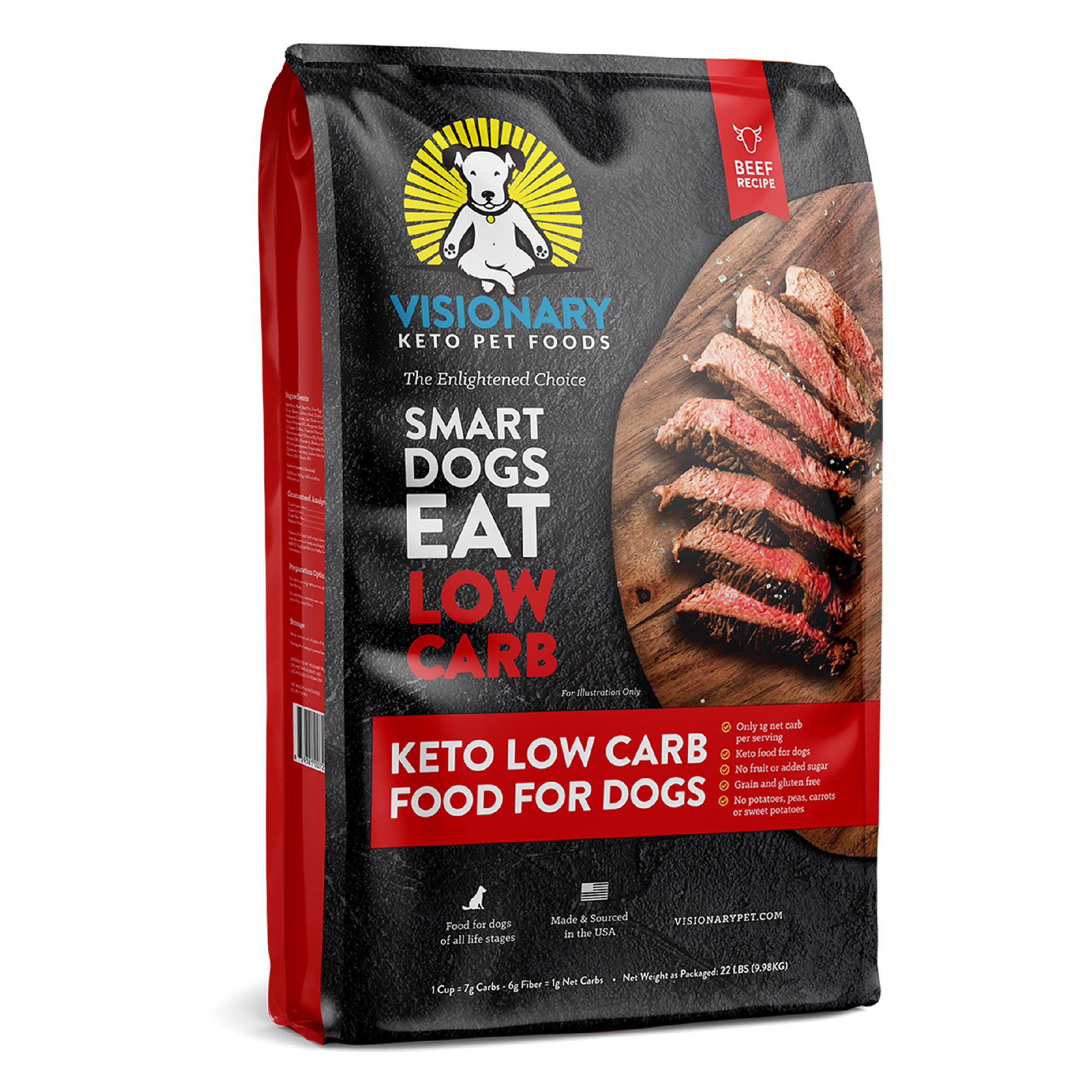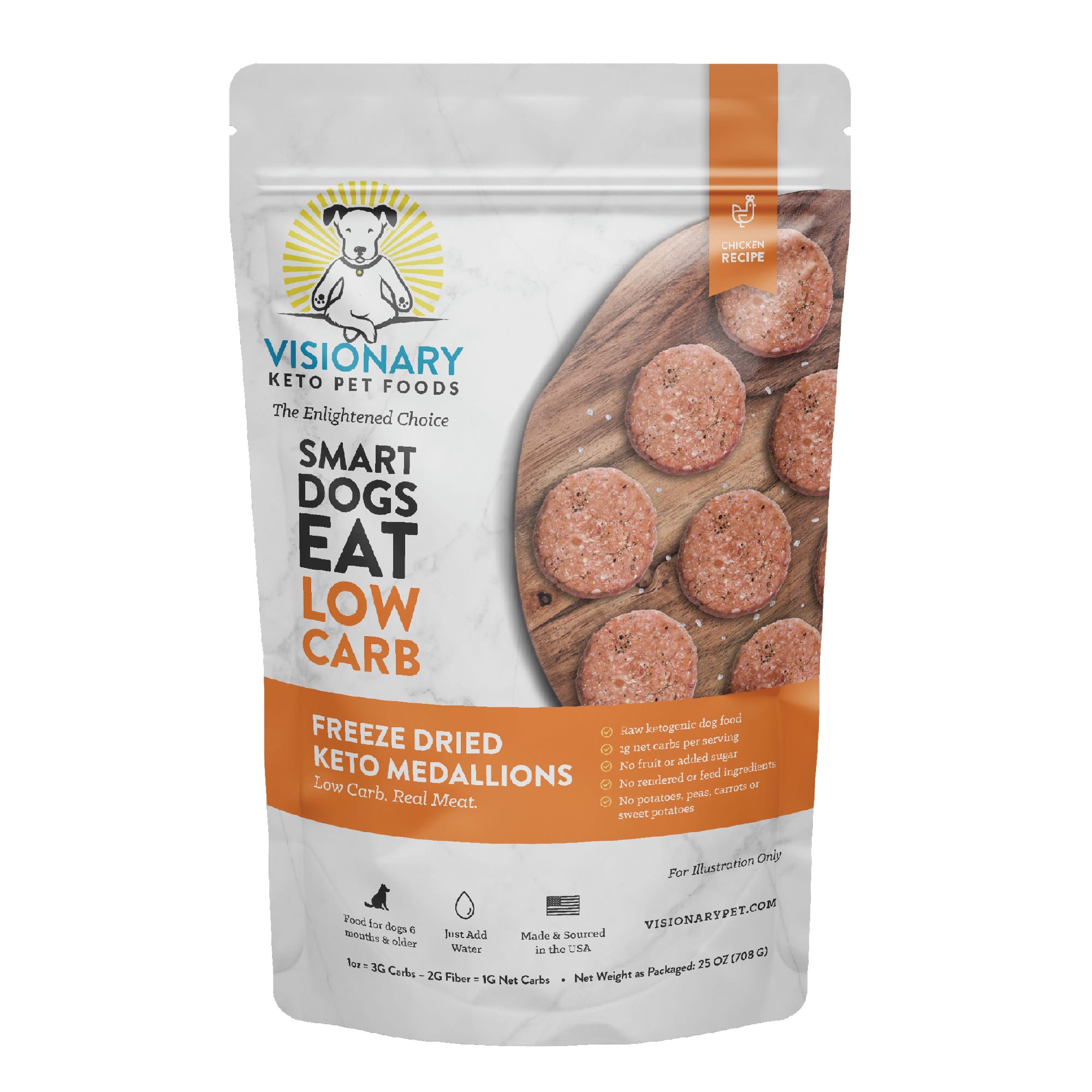homemade dog food keto

Homemade Dog Food Keto: A Complete Guide
Keto diets have become increasingly popular in recent years, as more and more people are looking for ways to lose weight and improve their health. While keto diets are typically designed for humans, they can also be beneficial for dogs. In fact, a keto diet can help dogs lose weight, improve their energy levels, and reduce inflammation.
This article will provide you with a complete guide to homemade dog food keto. We will discuss the benefits of a keto diet for dogs, how to create a keto diet plan for your dog, and what foods are safe and unsafe for dogs on a keto diet.

Benefits of a Keto Diet for Dogs
There are many potential benefits of a keto diet for dogs, including:
- Weight loss: A keto diet can help dogs lose weight by reducing their appetite and increasing their energy levels.
- Improved energy levels: A keto diet can help dogs feel more energetic and alert. This is because the body burns ketones for energy, which are a more efficient source of fuel than glucose.
- Reduced inflammation: A keto diet can help reduce inflammation in dogs, which can improve their overall health and well-being.
- Improved skin and coat: A keto diet can help improve the condition of a dog's skin and coat. This is because the diet is rich in fatty acids, which are essential for healthy skin and coat.
- Reduced risk of certain diseases: A keto diet can help reduce the risk of certain diseases in dogs, such as cancer, diabetes, and heart disease.

How to Create a Keto Diet Plan for Your Dog
When creating a keto diet plan for your dog, it is important to consult with your veterinarian first. Your veterinarian can help you determine the right amount of protein, fat, and carbohydrates for your dog's specific needs.
In general, a keto diet for dogs should consist of:

- 75% fat: This includes fatty meats, fish, oils, and butter.
- 20% protein: This includes lean meats, fish, and eggs.
- 5% carbohydrates: This includes low-carb vegetables and fruits.
Here is a sample keto diet plan for a 50-pound dog:

- Breakfast: 3 ounces of cooked chicken breast, 1 tablespoon of olive oil, 1/2 cup of green beans
- Lunch: 3 ounces of canned tuna, 1 tablespoon of coconut oil, 1/2 cup of chopped carrots
- Dinner: 3 ounces of grilled salmon, 1 tablespoon of butter, 1/2 cup of broccoli


Safe and Unsafe Foods for Dogs on a Keto Diet
The following foods are safe for dogs on a keto diet:
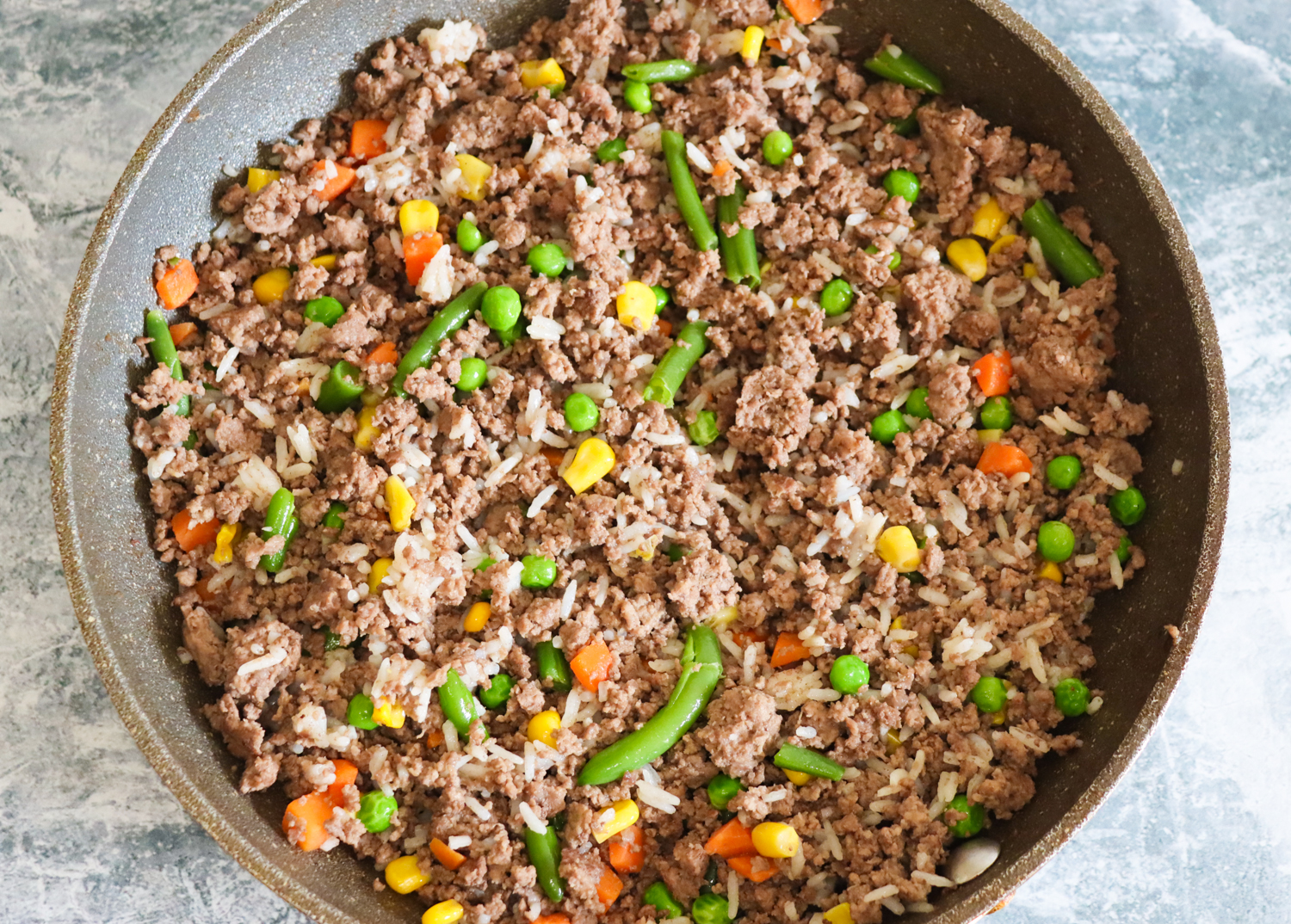
- Meats: Beef, chicken, pork, lamb, fish, and eggs
- Fats: Oils, butter, lard, ghee, avocado, coconut oil
- Vegetables: Low-carb vegetables, such as leafy greens, broccoli, cauliflower, zucchini, and cucumbers
- Fruits: Berries, melon, grapefruit, and oranges

The following foods are unsafe for dogs on a keto diet:
- Grains: Bread, pasta, rice, cereal, oatmeal
- Starches: Potatoes, corn, beans, peas
- Sugar: Candy, desserts, soda, fruit juice
- Dairy: Milk, cheese, yogurt

Tips for Feeding Your Dog a Keto Diet


Here are a few tips for feeding your dog a keto diet:
- Start slowly: Introduce the keto diet to your dog gradually, over the course of a few weeks. This will help prevent stomach upset.
- Make sure your dog is getting enough fluids: Dogs on a keto diet need to drink plenty of water to stay hydrated.
- Monitor your dog's weight: Dogs on a keto diet can lose weight quickly, so it is important to monitor your dog's weight and adjust the diet as needed.
- Talk to your veterinarian: If you have any concerns about feeding your dog a keto diet, talk to your veterinarian.

Conclusion
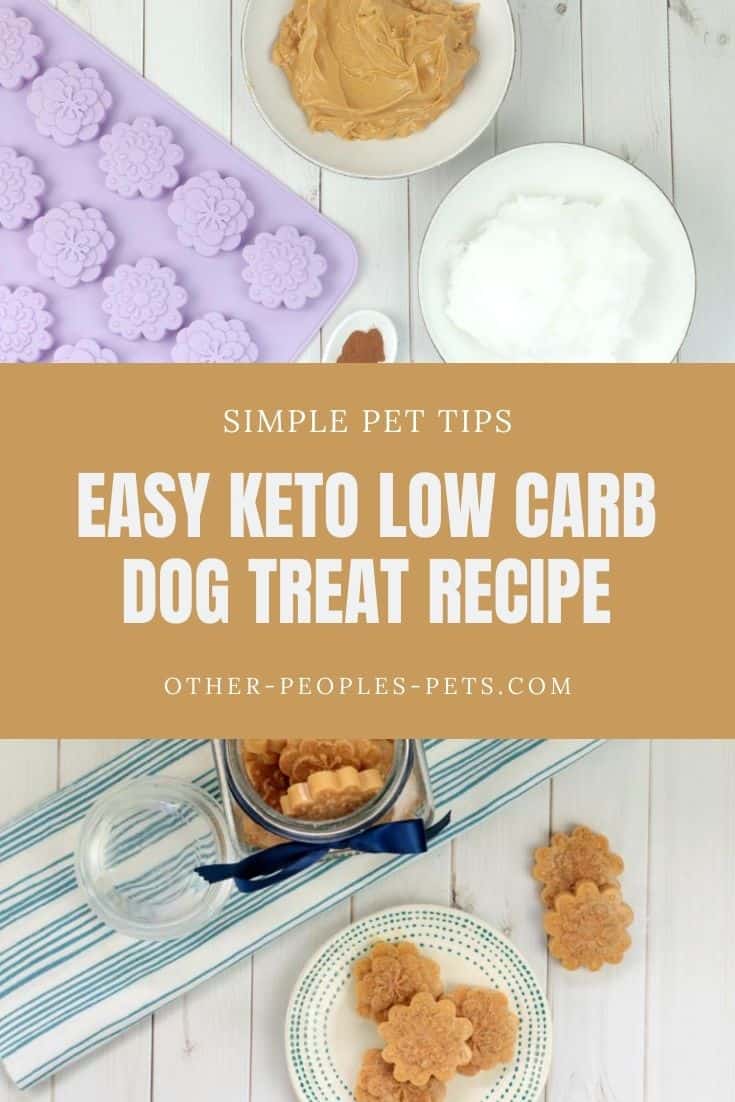
A keto diet can be a healthy and effective way to help your dog lose weight, improve their energy levels, and reduce inflammation. By following the tips in this article, you can help your dog create a keto diet plan that is safe and effective.
Homemade Dog Food Keto
Keto dog food is a diet that is high in fat, moderate in protein, and low in carbohydrates. It is similar to the human ketogenic diet, which has been shown to have a number of health benefits, including weight loss, reduced inflammation, and improved blood sugar control.

There are a number of reasons why you might want to feed your dog a keto diet. Some of the benefits include:
- Weight loss: Dogs who are overweight or obese can benefit from a keto diet, as it can help them to lose weight and improve their overall health.
- Reduced inflammation: Keto dog food can help to reduce inflammation, which can be beneficial for dogs with a variety of health conditions, including arthritis, allergies, and skin problems.
- Improved blood sugar control: Keto dog food can help to improve blood sugar control in dogs with diabetes.
If you are considering feeding your dog a keto diet, it is important to talk to your veterinarian first. They can help you determine if a keto diet is right for your dog and provide you with guidance on how to transition your dog to the diet.
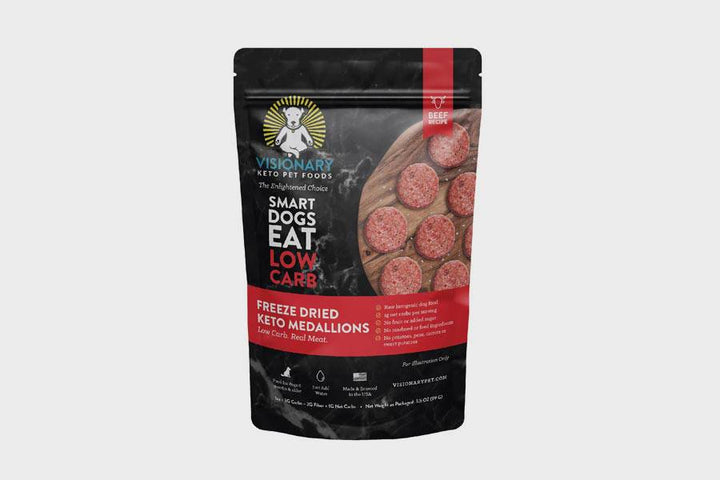
How to Make Keto Dog Food
Making keto dog food is easy. You can either make your own dog food from scratch or you can purchase pre-made keto dog food.
To make your own keto dog food, you will need:

- Meat: This can include ground beef, chicken, turkey, lamb, or fish.
- Fats: This can include butter, olive oil, coconut oil, or avocado oil.
- Vegetables: This can include leafy greens, broccoli, cauliflower, zucchini, or carrots.
- Supplements: This can include a multivitamin, fish oil, and digestive enzymes.
To make keto dog food, simply:
- Combine the meat, fats, and vegetables in a large pot or slow cooker.
- Bring the mixture to a boil, then reduce the heat and simmer for 3-4 hours.
- Allow the mixture to cool completely, then portion it out into individual servings and store in the refrigerator or freezer.
To feed your dog a keto diet, simply:
- Feed your dog 2-3% of their body weight in food per day.
- Divide the food into two or three meals per day.
- Make sure to provide your dog with plenty of fresh water to drink.
Here is a sample keto dog food recipe:
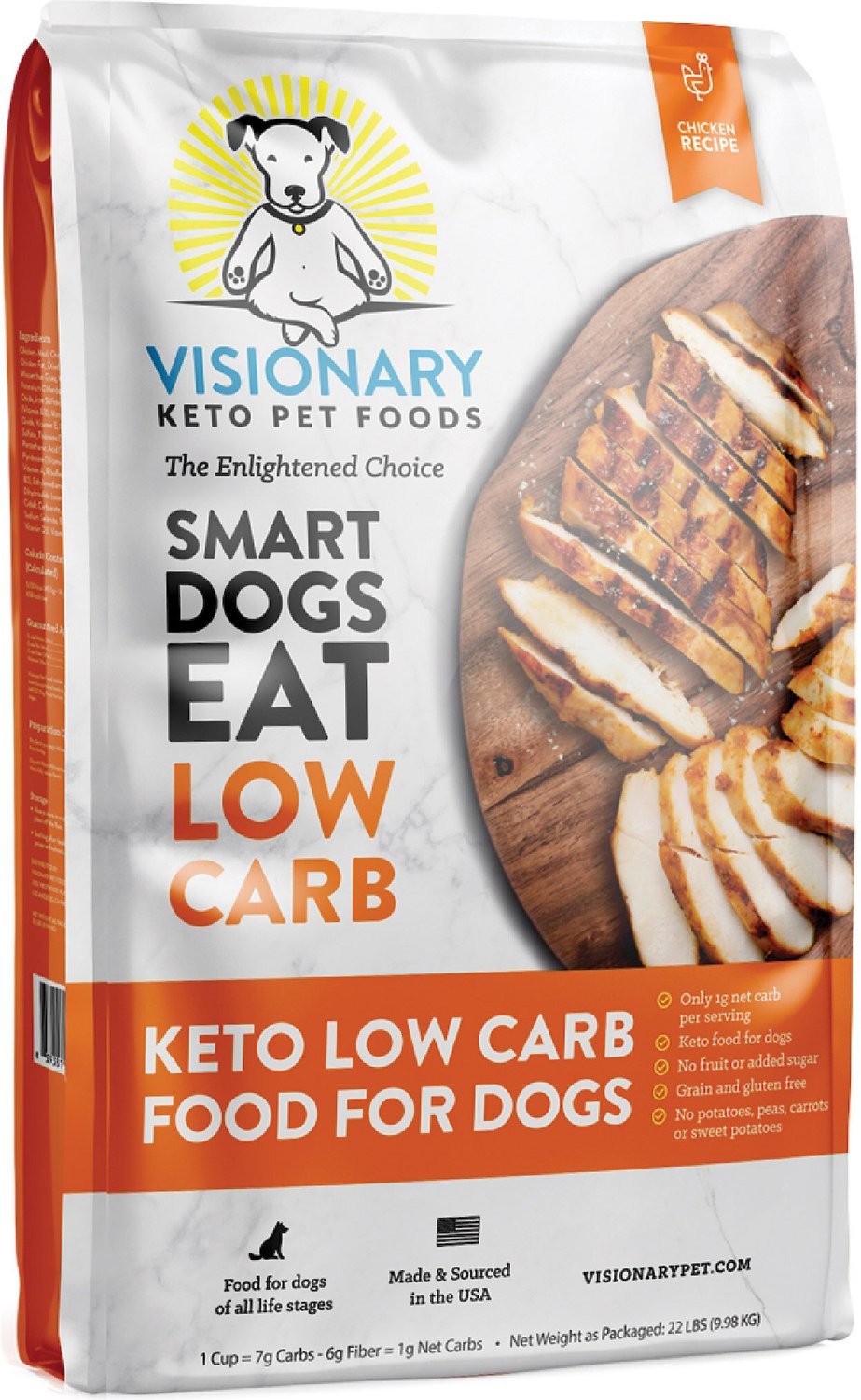

Ingredients:
- 1 pound ground beef
- 1/2 cup butter
- 1/2 cup olive oil
- 1 head of cauliflower, chopped
- 1 bunch of broccoli, chopped
- 1 zucchini, chopped
- 1 carrot, chopped
- 1 tablespoon fish oil
- 1 multivitamin
- 1 teaspoon digestive enzymes
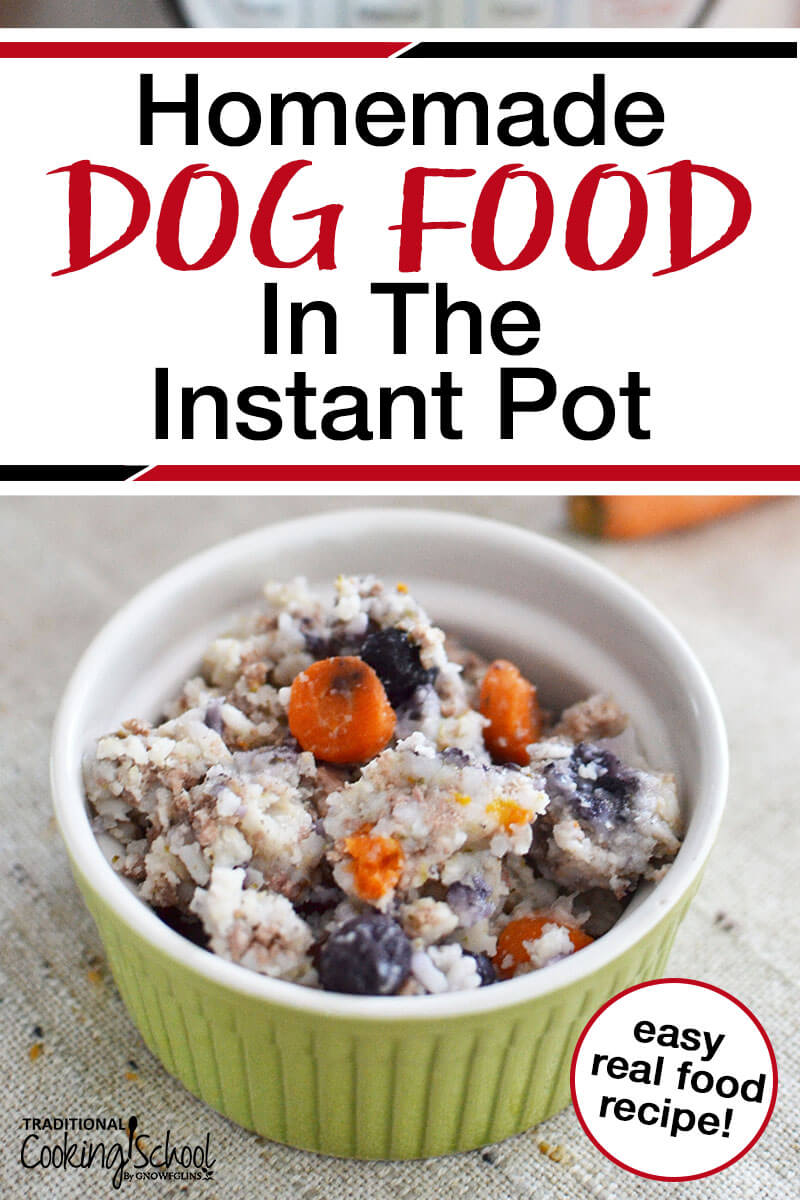
Instructions:

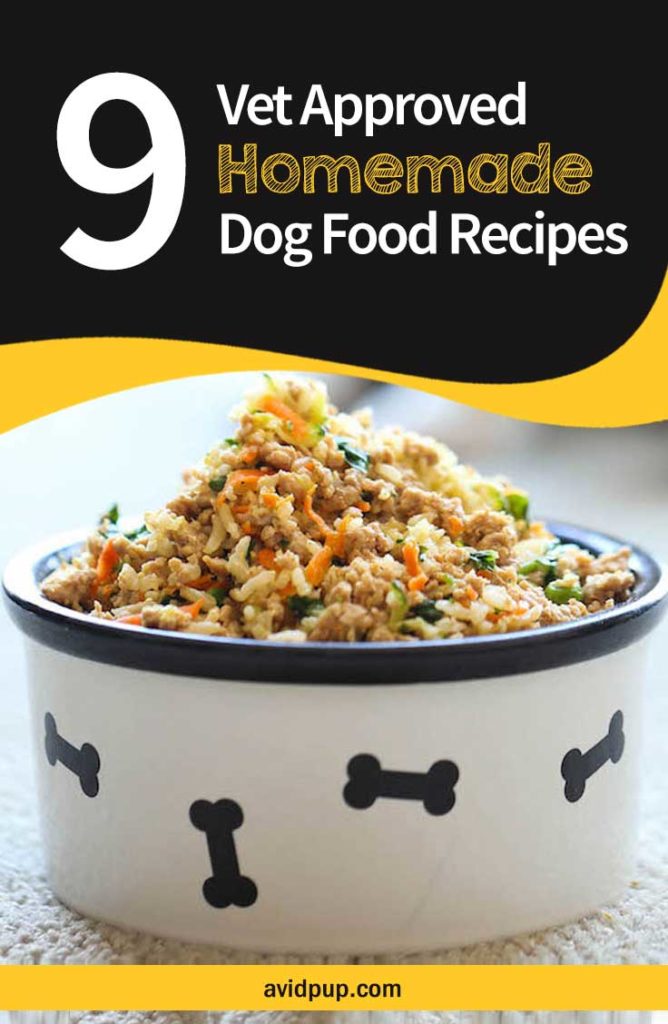
- In a large pot or slow cooker, combine the ground beef, butter, olive oil, cauliflower, broccoli, zucchini, and carrot.
- Bring the mixture to a boil, then reduce the heat and simmer for 3-4 hours.
- Allow the mixture to cool completely, then portion it out into individual servings and store in the refrigerator or freezer.
Tips for Feeding Your Dog a Keto Diet
- Start by slowly transitioning your dog to the keto diet. This will help to avoid any stomach upset.
- Make sure to provide your dog with plenty of fresh water to drink.
- Monitor your dog's weight and activity level closely. If your dog is losing weight too quickly or is not acting like themselves, talk to your veterinarian.
- Be patient. It may take a few weeks for your dog to adjust to the keto diet.
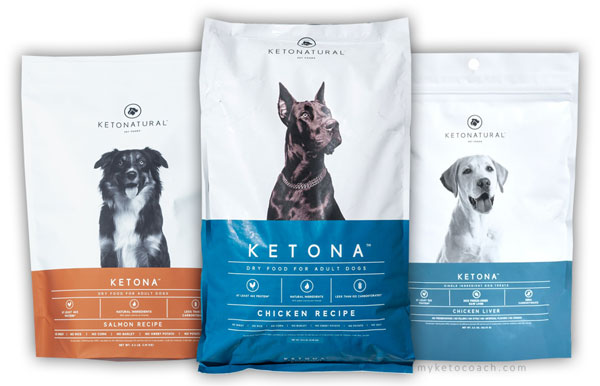

If you are following a keto diet yourself, you can also share your meals with your dog. Just be sure to avoid any foods that are high in carbohydrates, such as bread, pasta, and rice.
Benefits of a Keto Diet for Dogs

There are a number of benefits of feeding your dog a keto diet. These include:


- Weight loss: Dogs who are overweight or obese can benefit from a keto diet, as it can help them to lose weight and improve their overall health.
- Reduced inflammation: Keto dog food can help to reduce inflammation, which can be beneficial for dogs with a variety of health conditions, including arthritis, allergies, and skin problems.
- Improved blood sugar control: Keto dog food can help to improve blood sugar control in dogs with.

